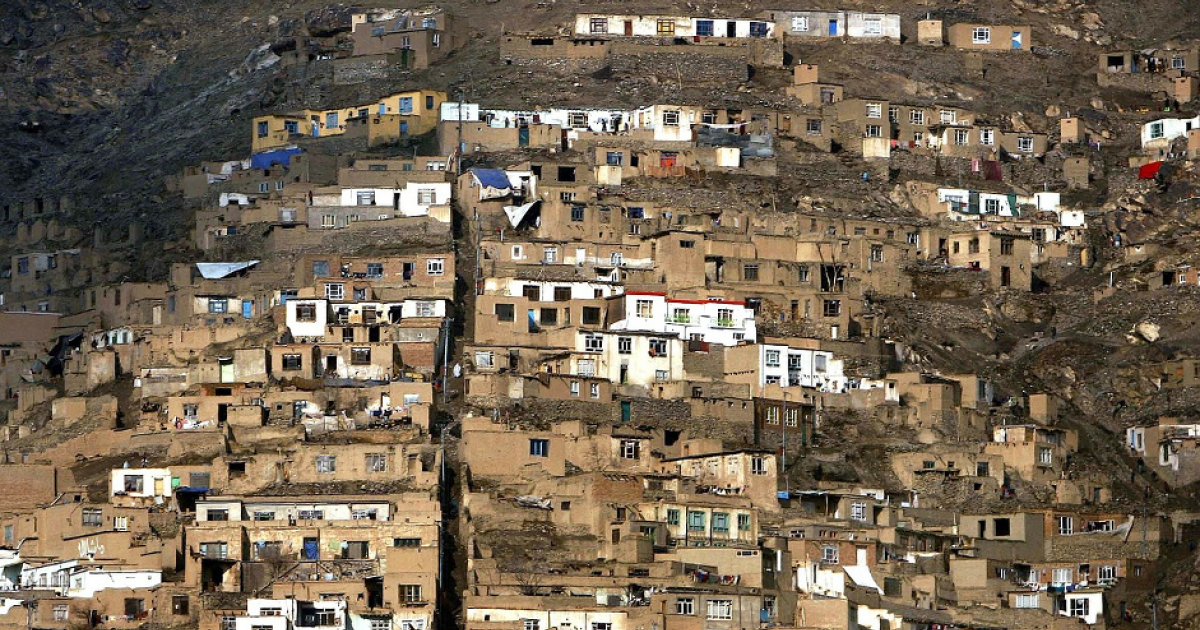 [ad_1]
[ad_1]
A blockchain-based land registry has been launched designed to mitigate property disputes in Afghanistan. The open source solution was developed by the blockchain company LTO Network in tandem with two UN organizations. The property register is now ready to be turned over to the government of Afghanistan, which intends to populate it with 2.8 million parcels of land, creating an immutable record of who owns land rights across the country.
The project started in September 2019 when the United Nations Office for Information and Communication Technologies and UN-Habitat signed a Memo Of Understanding with the Afghan government. The plan was to create a land registry as part of the government’s City for All program. The LTO network was enlisted to create the blockchain component, and the project is now ready for large-scale deployment.
Better monitoring and greater efficiency
“The plug-and-play design of the LTO Network blockchain and the contribution of the transaction tokens to the Afghanistan project has enabled the development of the anchoring mechanisms of the blockchain,” said Maurizio Gazzola, head of strategic solutions at UN-OICT. explaining the technical components behind the register. He also highlighted “the Open-Source Certificate Verification Tool which is now available for any country to use as a blockchain add-on to their existing cadastral systems.”
If successful, other countries are expected to adopt the open source solution for land registration and management. This isn’t the first time LTO has seen its technology used by a national government; claims to have saved the Dutch and Belgian governments 7 million euros through a waste transportation system that uses blockchain.
LTO implements a dual blockchain system, combining a public Proof of Stake chain with private chains controlled by organizations, which can obtain consent via a hashed version of the agreements registered on the public chain.
Why a better land register is needed
The solution developed in Afghanistan by the UN and the LTO is much more than a vanity project; it was designed for large-scale use and with the aim of getting it out in other countries. Without indisputable proof of ownership, landowners tend to get mired in property disputes, which discourages development and production.
Having a fit-for-purpose national land registry is seen as a cornerstone of Afghanistan’s efforts to rebuild and increase GDP, as well as improve living conditions. Land rights protected by law are fundamental to a thriving economy, and therefore Afghanistan is prime territory for the debut of a project of this nature.
“We are proud to facilitate land registry operations for countries around the world through the open source boiler plate that we have developed extensively over the past year in collaboration with the UN-Habitat and UN-OICT teams,” said Rick Schmitz, CEO of LTO Network. “We believe the future of land registers lies in hybrid blockchain solutions that enable optimized and decentralized data exchange between stakeholders in the land registry process without the need for costly IT reviews.”
Disclaimer: The writer has a personal relationship with LTO Network. Please consult your financial advisor before investing in any cryptocurrency as they are volatile and carry risks for the average investor. This post is informative in nature and does not constitute financial advice.
© 2020 Benzinga.com. Benzinga does not provide investment advice. All rights reserved.
[ad_2]Source link